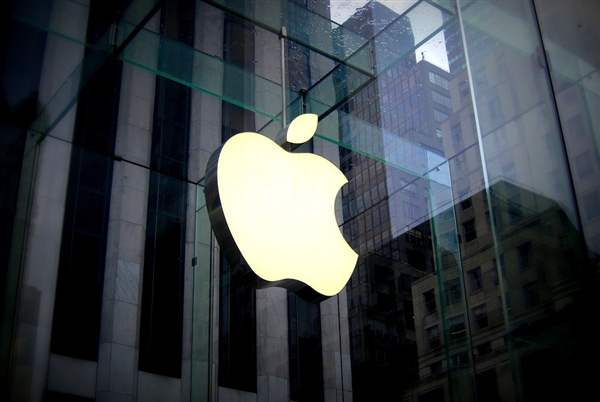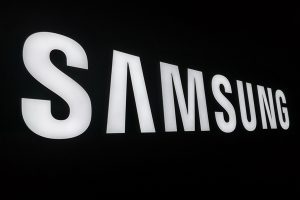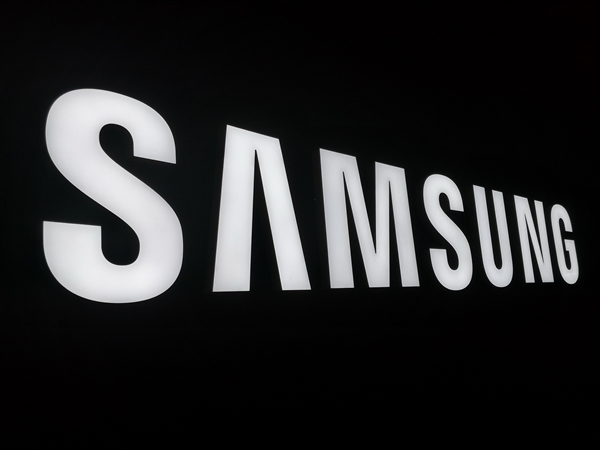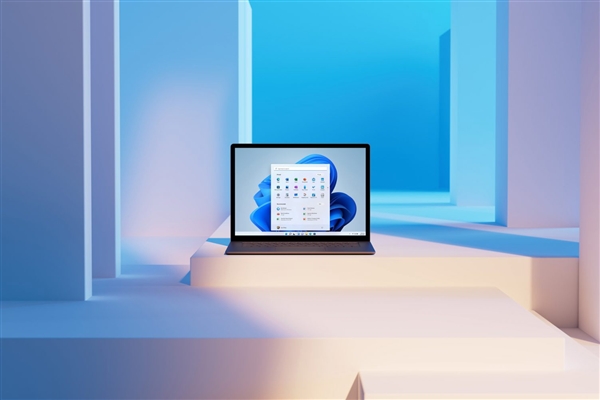August 30, 2025 – According to a report by AppleInsider today, Apple has once again submitted documents to the U.S. Ninth Circuit Court of Appeals on Friday (local time in the U.S.), opposing a punitive antisteering injunction against the App Store.
This injunction stems from a long – running legal battle with Epic Games. It mandates Apple to allow third – party apps to direct users to external websites for payment processing and prohibits Apple from collecting commissions from these transactions.
The roots of this case can be traced back to an initial injunction in 2021. At that time, the court ruled that Apple could not restrict developers from pointing users to external payment channels within their apps. However, this injunction was not enforced until 2024.

In April 2025, the court determined that Apple had violated the injunction and imposed even stricter measures. As a result, competitors like Spotify were able to directly guide users to make payments on web pages, completely bypassing Apple’s revenue – sharing system.
Apple argues that these measures not only broaden the scope of the penalties but also affect all U.S. developers, far beyond the scope of the original plaintiff, Epic Games. In its latest filing, Apple emphasizes that it has already removed the antisteering rules as per the original ruling. According to Apple, the fees it charges, ranging from 12% to 27%, and the rules it has implemented regarding link design are in line with the initial order and should not be subject to civil contempt penalties.
AppleInsider believes that this case is not just about the dispute between Apple and Epic Games; it is also regarded as a significant struggle over the rules of the platform economy. Opponents, such as the Coalition for App Fairness, have long demanded free use of Apple’s platform and have achieved limited victories through this case. Apple, on the other hand, warns that this free – riding model allows competitors to use its long – established distribution and user systems without any cost.
The Ninth Circuit Court of Appeals has not yet provided a final response. Regardless of the outcome, Apple is still facing increasing regulatory pressure globally, including antitrust investigations and regulatory challenges from the EU, the UK, Colombia, and other countries. It is clear that this legal and regulatory tug – of – war will continue.












